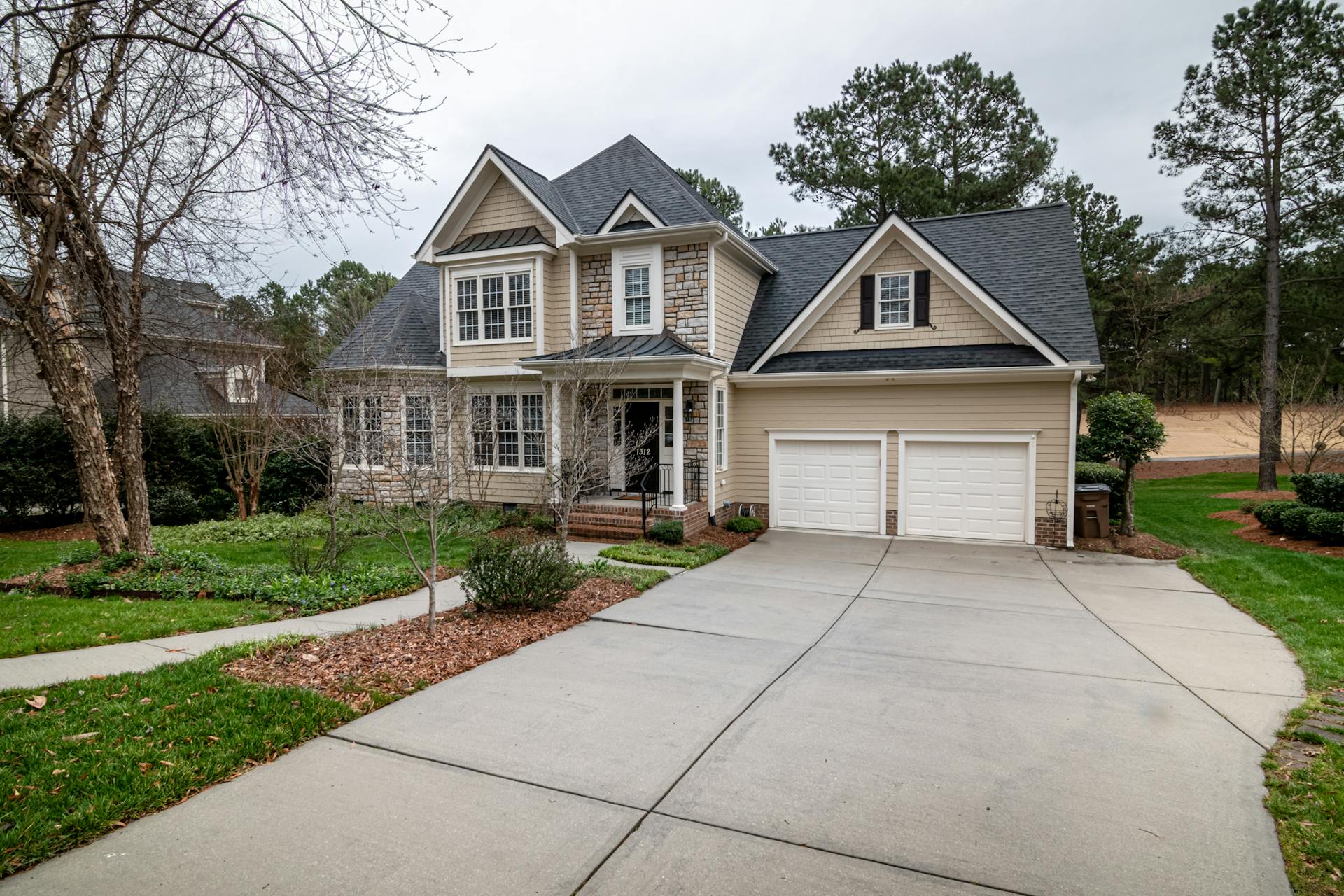How to Deal with Difficult Tenants in Idaho

Managing rental properties effectively in Idaho involves understanding your legal rights, clear communication, and preventive measures. Screening tenants and conducting regular inspections can prevent issues. Addressing non-payment of rent and property damage promptly is crucial. This blog explores strategies for effective tenant management and how Compassionate Property Solutions can assist landlords.
Understanding Rights and Responsibilities To Your Tenants
Legal Rights as a Landlord
Idaho’s landlord-tenant laws provide a framework for the relationship between property owners and tenants. As a landlord, your rights include collecting rent, ensuring the property is used appropriately, and enforcing lease terms. Familiarize yourself with key statutes, such as the Idaho Uniform Landlord and Tenant Act, which outlines the obligations and protections for both parties.
Legal issues often arise from misunderstandings or disputes over lease terms, security deposits, or maintenance responsibilities. For instance, a tenant may contest a security deposit deduction, claiming it was unjust. To address these issues effectively, keep detailed records of all transactions and communications with tenants. Document the condition of the property before and after tenancy to support any claims for damages. If a dispute escalates, consider seeking mediation before taking legal action, as this can be a faster and less expensive way to resolve conflicts.
Understanding eviction laws is crucial. Eviction should always be a last resort, but knowing the legal process can help you handle non-paying or disruptive tenants. Ensure you follow the proper legal steps, including giving the required notice and filing the correct paperwork. Mistakes in the eviction process can lead to delays and legal complications.
Tenant Responsibilities
Tenants have several key responsibilities that they must fulfill to maintain a harmonious rental relationship. These include paying rent on time, keeping the property clean, and following the terms outlined in the lease agreement. Regular communication with tenants about their obligations can help prevent misunderstandings and ensure compliance.
Paying rent on time is perhaps the most critical obligation. Late or missed payments can disrupt your financial planning and lead to cash flow problems. Establish clear policies for late payments, including any applicable fees, and communicate these policies to your tenants from the start.
Property maintenance is another important tenant responsibility. Tenants should report any necessary repairs promptly to avoid causing further damage to the property. Landlords should respond promptly for the same reason; to protect your assets! Provide tenants with guidelines on maintaining the property and outline their responsibilities for basic upkeep in the lease agreement. Regular property inspections can help you monitor the condition of the property and address any issues early.
When tenants fail to meet their obligations, it is important to address the issue professionally. Start with a formal warning that outlines the specific breach (as outlined in the Lease Agreement) and the required corrective action. If the tenant does not comply, you may need to escalate the matter. This could involve imposing fines, making necessary repairs and billing the tenant, or in severe cases, beginning eviction proceedings. Always document each step you take to resolve the issue to protect yourself legally.
Effective Communication Strategies
Setting Clear Expectations
Creating a detailed Lease Agreement is essential for setting clear expectations. This document should cover all aspects of the rental arrangement, including rent amount and due date, maintenance responsibilities, and rules for property use. Be specific about policies on late payments, pets, and subletting. Clear terms help prevent misunderstandings and provide a reference point in case of disputes.
An initial walkthrough with new tenants helps establish a baseline for the property’s condition. During this inspection, document together – with photographs any pre-existing damage and ensure the tenant signs that s/he agrees with the assessment. This process sets a standard for how the property should be maintained and provides clarity on what constitutes tenant-caused damage. It also opens a channel for transparent communication, making tenants feel more comfortable that their interests are being fairly represented; thus reporting future issues is very clear for both parties.
Handling Disputes Professionally
When disputes arise, mediation can be an effective way to resolve them without resorting to legal action. Mediation involves a neutral third party who helps both sides reach a mutually acceptable solution. This approach is less adversarial, quicker, and less costly than going to court, especially when you had a well thought out and documented Lease Agreement at the outset. Encourage tenants to participate in mediation to maintain a positive relationship and find a fair resolution.
Sometimes, disputes cannot be resolved through mediation or direct negotiation. In such cases, it is important to seek legal advice. Consult an attorney if a tenant repeatedly violates the lease, fails to pay rent, or causes significant property damage. Legal professionals can guide you through the eviction process and help protect your rights as a landlord. Acting promptly on legal issues can prevent them from escalating and safeguard your property investment.

Preventive Measures to Avoid Issues
Thorough Tenant Screening
Conducting background checks on potential tenants and personally conducting interviews are crucial steps for ensuring the safety and stability of your rental property. A thorough background check includes criminal history, rental history, and credit reports. This process helps you identify any red flags, such as a history of evictions or criminal activity. By knowing who you are renting to, you can minimize the risk of future problems and protect your investment.
Assessing a tenant’s financial stability is essential to ensure they can consistently pay rent. Request proof of income, such as recent pay stubs or tax returns, to verify their ability to meet financial obligations. Ideally, a tenant’s monthly income should be at least three times the rent. Additionally, review their credit report for any significant debts or past bankruptcies. A financially stable tenant is more likely to pay rent on time and maintain the property.
Regular Property Inspections
Regular property inspections help you keep tabs on the condition of your rental unit and address maintenance issues before they become major problems. Schedule inspections at regular intervals, such as quarterly or biannually, and always provide tenants with proper notice. These proactive, friendly inspections allow you to ensure tenants are complying with lease terms and to identify any repairs that may be needed. A consistent inspection schedule helps maintain the property’s value and catch issues early, before either party loses valuable time and energy on unforeseen problems.
During inspections, document the property’s condition thoroughly. Take notes and photographs of any areas that need attention or repairs. This documentation provides a record that can be referred to in future disputes or maintenance decisions. After each inspection, share a report with your tenant, highlighting any issues that need to be addressed and the expected timeline for repairs. Clear communication and documentation ensure transparency and help maintain a positive landlord-tenant relationship.
Resolving Persistent Problems
Non-Payment of Rent
When a tenant fails to pay rent, begin by communicating with them promptly. Send a reminder or late notice detailing the overdue amount and any applicable late fees. If the tenant is experiencing temporary financial difficulties, consider setting up a payment plan to help them get back on track. Document all communications to keep a record of the steps taken. If the issue persists, issue a formal notice to pay or quit, giving the tenant a specific period to pay the rent or face eviction proceedings.
Eviction should always be a last resort due to its time-consuming and costly nature. Explore alternatives such as mediation, where a neutral third party can help both sides reach a compromise. Another option is to allow the tenant to find a roommate to share the financial burden. In some cases, agreeing to a mutual termination of the lease may be the best solution, allowing the tenant to leave without an eviction on their record and enabling you to find a new, reliable tenant.
Property Damage and Neglect
When property damage occurs, inspect the affected areas thoroughly to determine the extent of the damage. Compare the damage to the condition report from the initial walkthrough to distinguish between normal wear and tear and tenant-caused damage. Obtain estimates from contractors to calculate repair costs accurately. Clearly communicate these costs to the tenant, providing them with an itemized list and again, photographic evidence to avoid disputes.
Address property damage promptly to prevent further deterioration. Prioritize repairs that impact safety and habitability, such as plumbing or electrical issues. For cosmetic damages, consider scheduling repairs between tenants to minimize disruption. Regular maintenance can help prevent damage from occurring in the first place. Educate tenants on how to care for the property, and provide them with guidelines for reporting maintenance issues early. Perhaps offer them a reduced rate or year-end bonus on their rent for consistent compliance with your guidelines! Establishing a respectful, proactive maintenance routine helps maintain the property’s value and reduces the likelihood of extensive damage.
The Role of Compassionate Property Solutions
Quick and Stress-Free Home Selling Options
Compassionate Property Solutions specializes in helping property owners sell their rental properties for cash, quickly and without hassle. They provide a straightforward process that starts with a simple inquiry. Once you contact them, they evaluate your property and make a cash offer. This eliminates the need for realtors, showings, and waiting for buyer financing. The company handles all the paperwork, including the title work; making the transaction smooth and efficient.
Selling your property for cash to Compassionate Property Solutions offers several advantages. Firstly, the process is fast. You can receive an offer within 24 hours and close the deal in as little as a week if there is an interested buyer! Secondly, there are no hidden fees or closing costs, which means the offer you receive is the amount you get, after all liabilities have been met. Thirdly, you can sell your property in its current condition, without needing to make repairs or upgrades. This saves time and money, and is particularly beneficial if your property has significant issues. Finally, the flexibility in choosing your closing date allows you to move on your terms, providing peace of mind during a potentially stressful time.
Managing rental properties effectively involves understanding landlord-tenant laws, clear communication, and preventive measures. Screening tenants thoroughly and conducting regular inspections are vital. Handling disputes professionally and seeking legal advice when necessary are also important. Key strategies include setting clear expectations, maintaining good records, open communication, and proactive property maintenance. Legal knowledge and appropriate documentation support these efforts.
While being a landlord can be challenging, using these strategies can create a positive rental experience for both parties. If overwhelmed, don’t waste one more minute worrying about next steps! Compassionate Property Solutions offers quick and easy cash-buying options.













